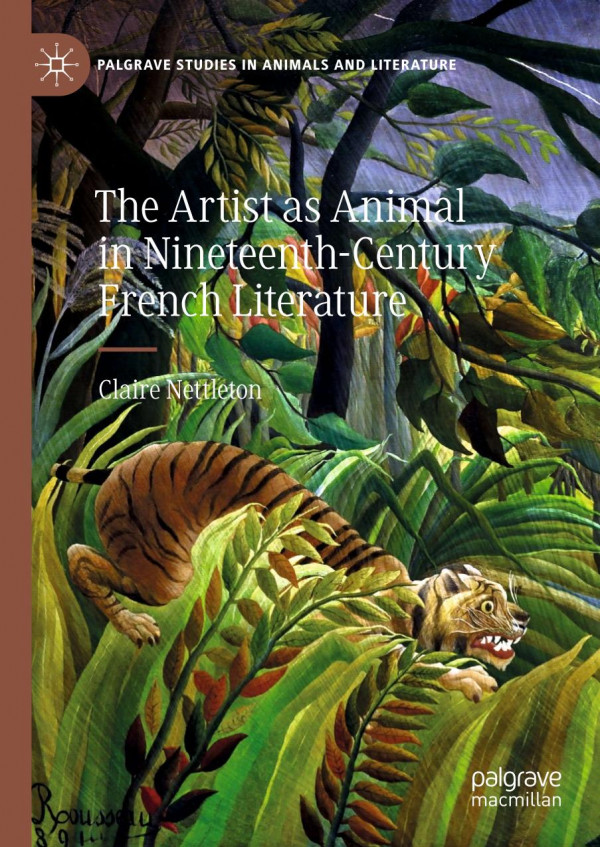

Most ebook files are in PDF format, so you can easily read them using various software such as Foxit Reader or directly on the Google Chrome browser.
Some ebook files are released by publishers in other formats such as .awz, .mobi, .epub, .fb2, etc. You may need to install specific software to read these formats on mobile/PC, such as Calibre.
Please read the tutorial at this link: https://ebookbell.com/faq
We offer FREE conversion to the popular formats you request; however, this may take some time. Therefore, right after payment, please email us, and we will try to provide the service as quickly as possible.
For some exceptional file formats or broken links (if any), please refrain from opening any disputes. Instead, email us first, and we will try to assist within a maximum of 6 hours.
EbookBell Team

4.4
12 reviewsThe Artist as Animal in Nineteenth-Century French Literature traces the evolution of the relationship between artists and animals in fiction from the Second Empire to the fin de siècle. This book examines examples of visual literature, inspired by the struggles of artists such as Edouard Manet and Vincent van Gogh. Edmond and Jules de Goncourt’s Manette Salomon (1867), Émile Zola’s Therèse Raquin (1867), Jules Laforgue’s “At the Berlin Aquarium” (1895) and “Impressionism” (1883), Octave Mirbeau’s In the Sky (1892-1893) and Rachilde’s L’Animale (1893) depict vanguard painters and performers as being like animals, whose unique vision revolted against stifling traditions.Juxtaposing these literary works with contemporary animal theory (McHugh, Deleuze, Guattari and Derrida), zoo studies (Berger, Rothfels and Lippit) and feminism (Donovan, Adams and Haraway), Claire Nettleton explores the extent to which the nineteenth-century dissolution of the human subject contributed to a radical, modern aesthetic. Utilizing these interdisciplinary methodologies, Nettleton argues that while inducing anxiety regarding traditional humanist structures, the “artist-animal,” an embodiment of artistic liberation within an urban setting, is, at the same time, a paradigmatic trope of modernity.